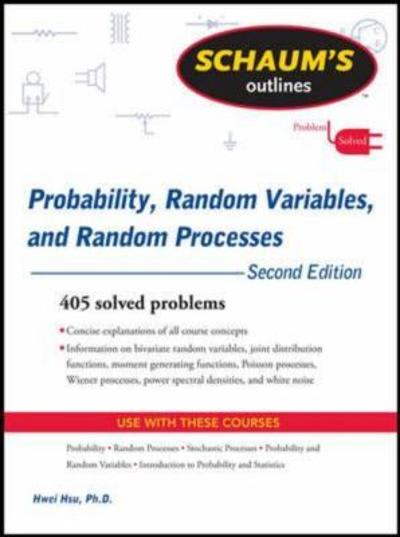Question
A company manufacturing DVD's claims that only 2% of their disks are defective. There are reasons to believe that the actual fraction of defective disks
A company manufacturing DVD's claims that only 2% of their disks are defective. There are reasons to believe that the actual fraction of defective disks is higher, and an independent investigation of the company's product is launched by a certain agency. If the investigation concludes that the fraction of defective disks indeed is higher than 2%, the company will have to undergo a thorough multi-stage review resulting in substantial financial losses due to shutting down the company's production. The agency conducting the investigation randomly selects and inspects 1000 disks (different lots manufactured on different dates are selected to ensure the sample is representative of the actual quality of the product). The following rule is implemented to draw the conclusion: if the number of defective disks in the sample lot exceeds its mean by more than two standard deviations, the agency issues a review order (the mean and standard deviation are computed using the figures reported by the company, i.e. a 2% defective rate). If the fraction of defective disks actually is 2%, what is the probability that the review order is still issued? (i.e. what is the probability of mistakenly shutting down the company's production even though there is nothing wrong with its product?)
Step by Step Solution
There are 3 Steps involved in it
Step: 1

Get Instant Access to Expert-Tailored Solutions
See step-by-step solutions with expert insights and AI powered tools for academic success
Step: 2

Step: 3

Ace Your Homework with AI
Get the answers you need in no time with our AI-driven, step-by-step assistance
Get Started


